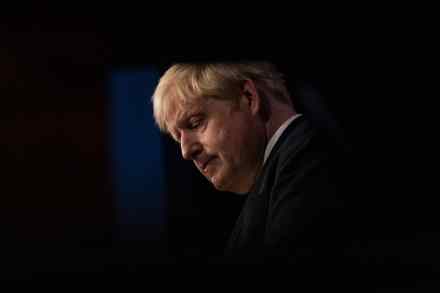Boris Johnson’s government shake-up continues
After a rather quiet day, the reshuffle is back on, and Boris Johnson is proving to be even more brutal with the more junior ministerial jobs than he was in his clear out of the cabinet. So far, the following have left government: Jesse Norman Caroline Dinenage Luke Hall Graham Stuart James Duddridge Matt Warman John Whittingdale Nick Gibb And these are the moves and promotions within government:Treasury Lucy Frazer is financial secretary, moving from Justice. Helen Whately is exchequer secretary, moving from Health and Social Care. Home Office Rachel Maclean has been made a parliamentary under sectary at the Home Office, having been moved from Transport. Education Robin Walker




















